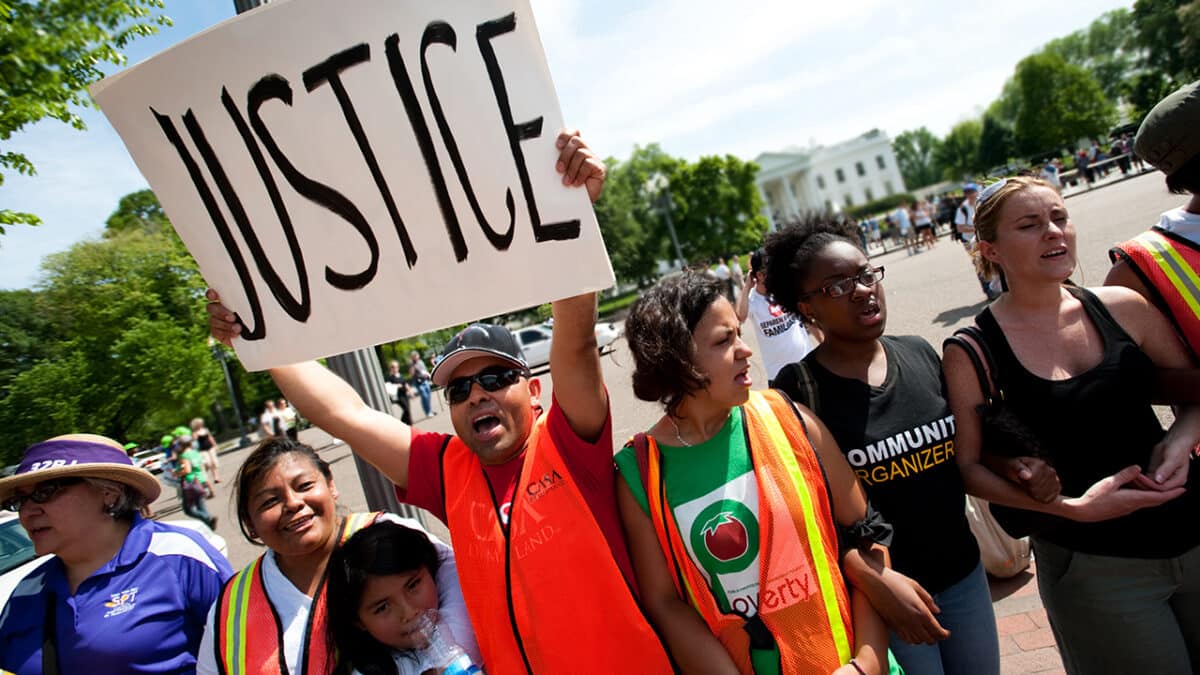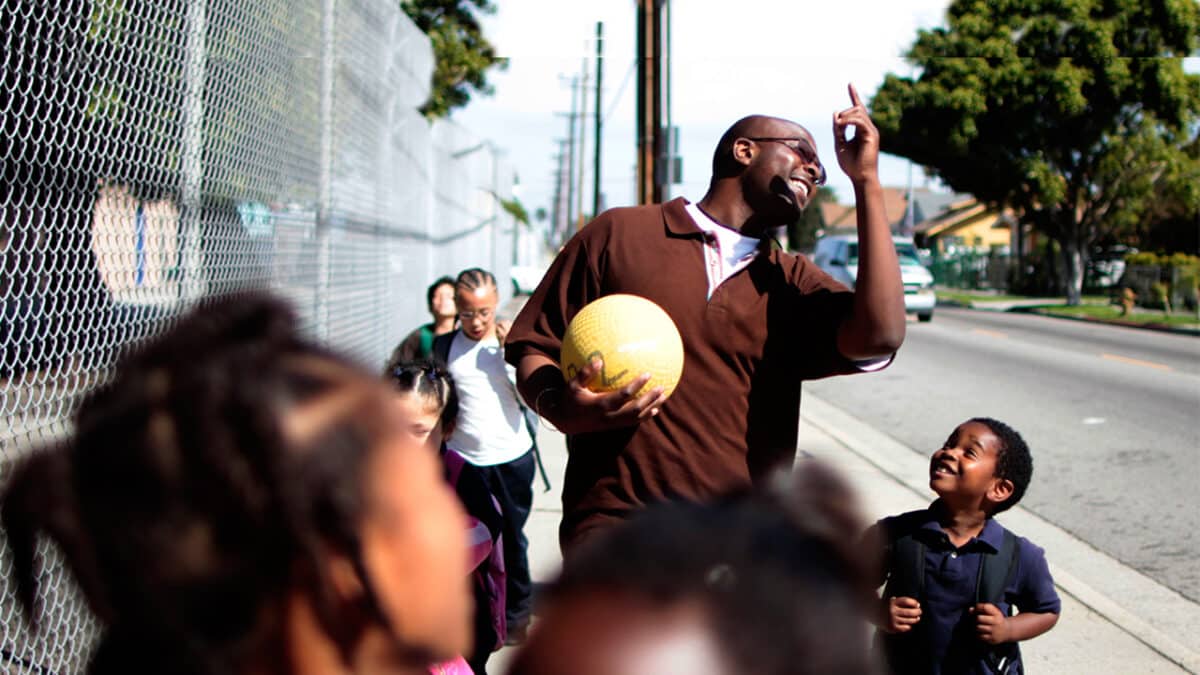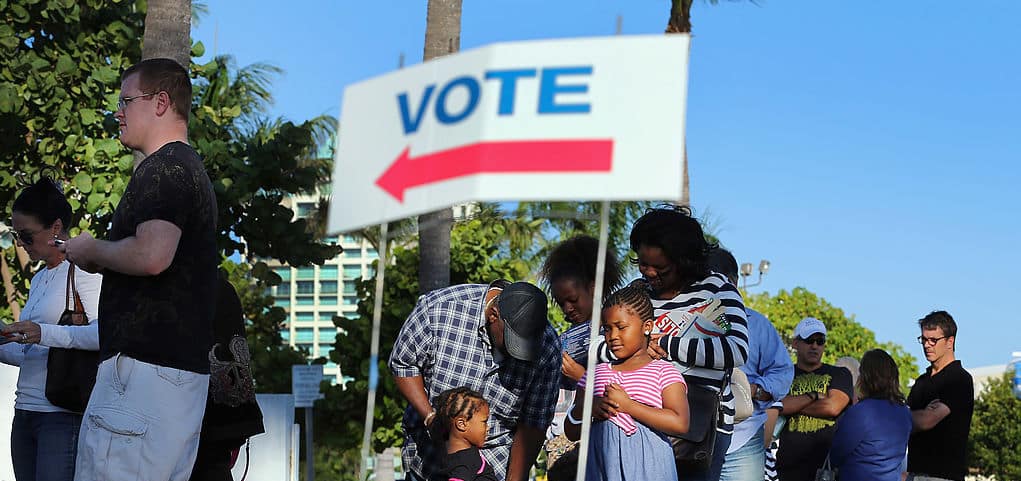
Democracy and Governance
Why are democracies across the globe under pressure? How do societies grapple with evolving concepts of justice, equality, freedom, and representation?
Latest Article

Duty and Liability: A Case for Preserving Qualified Immunity
While qualified immunity is invoked sparingly, its existence provides breathing room for public officials, particularly law enforcement officers to do their jobs effectively.Explore all Articles
filter by–Region
filter by–Country
search by–Keyword
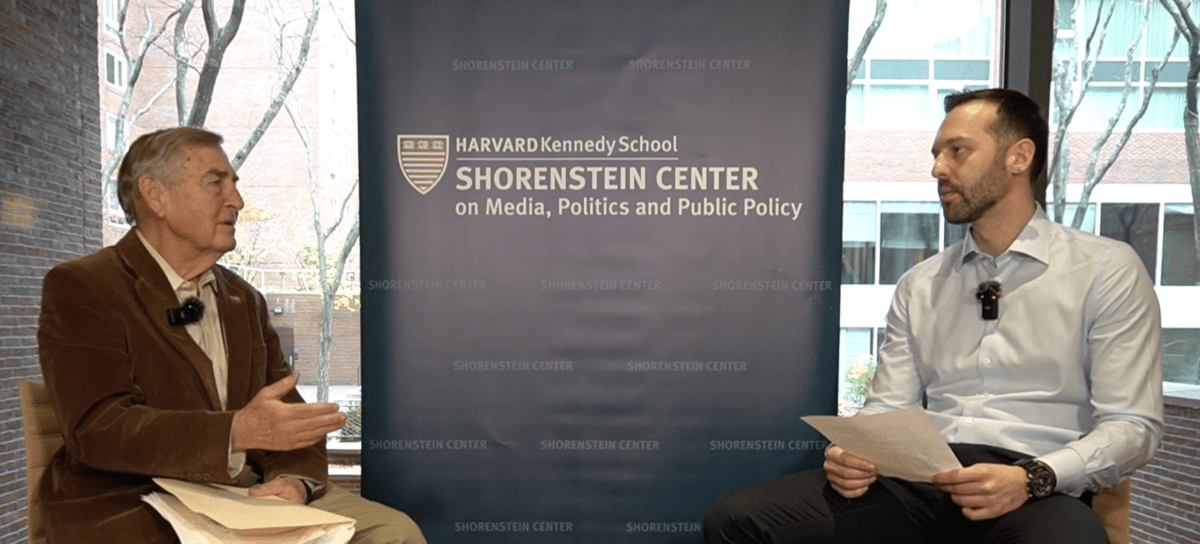
Interview with Harvard Professor Graham Allison: U.S.–China Relations
12.19.23
On December 5, 2023, Senior Editor Nikolas Neos spoke with Harvard Professor Graham Allison about US-China relations and what the rising tension between the two countries means for both of them.
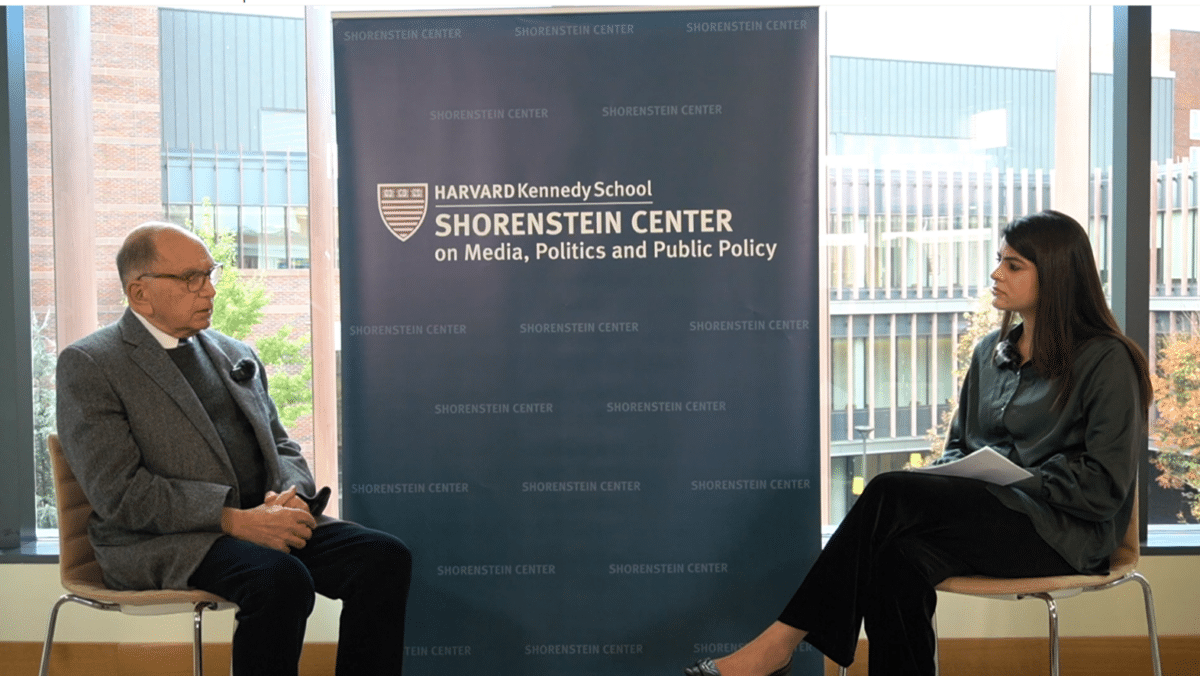
Interview with U.S. Ambassador (Ret.) Djerejian: U.S. Response to the Israel-Hamas War
11.8.23
On November 3, 2023, HKS Student Policy Review Senior Editor Samriddhi Vij sat down with former U.S. Ambassador to Israel and Syria, Edward Djerejian, to discuss the Israel-Hamas war.
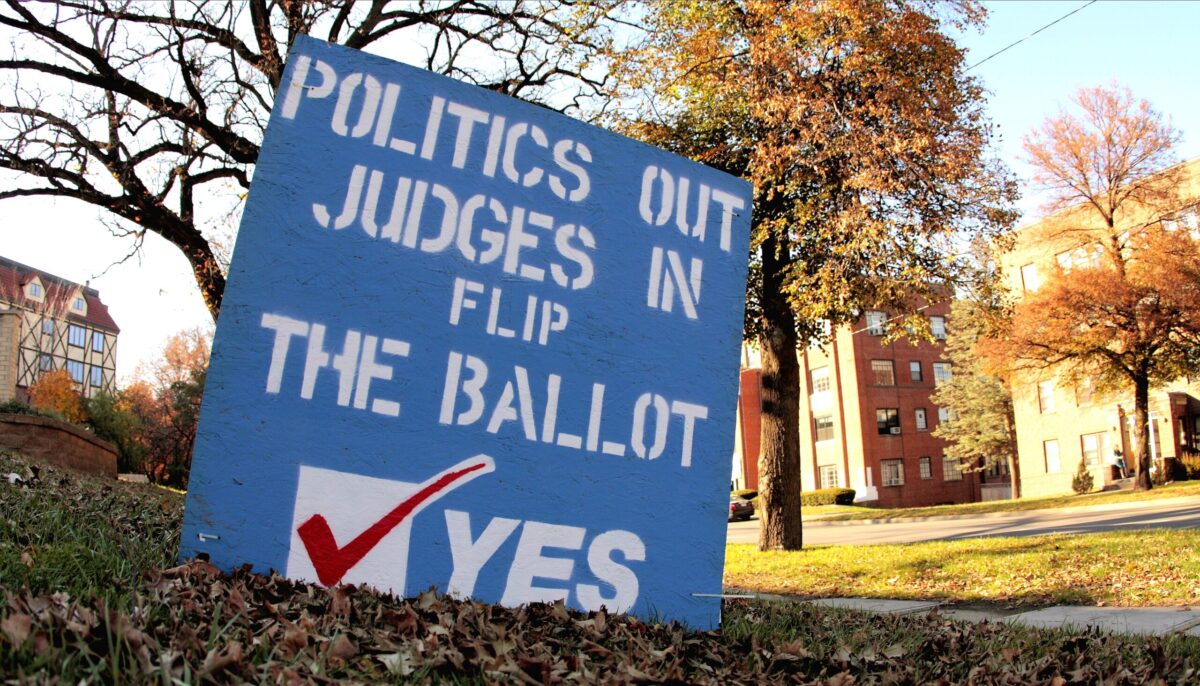
Special Interests’ Hold on State Courts: The Need for a Fourth Wave of Judicial Election Reform
06.25.23
History presents a clear lesson: when judicial independence and competence wanes, it’s time for meaningful reform.
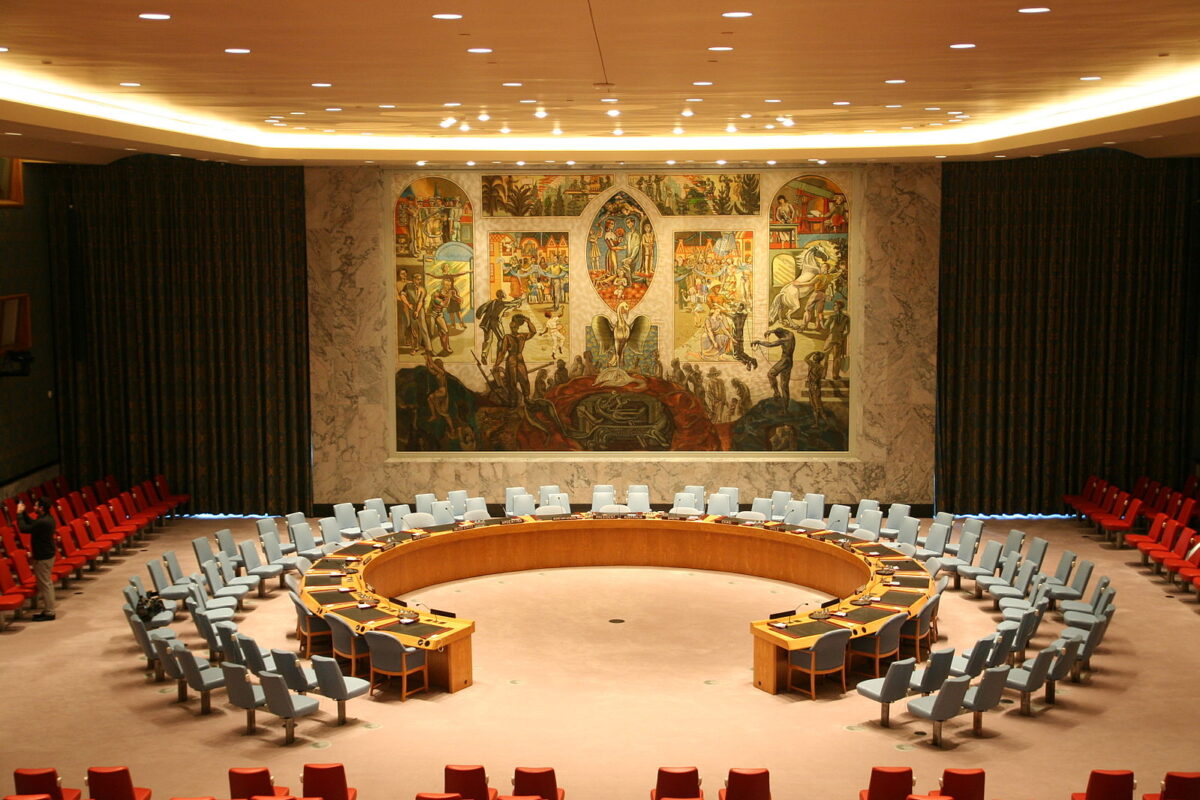
Global Governance, Climate Change, and International Security: Aligning Issues to Compel Action
06.17.23
Failure to recognize and manage the nexus of the relationship between climate and security could have significant ramifications in the future between and within countries and communities. Without considering these, efforts to promote sustainable development and peace may fall short.
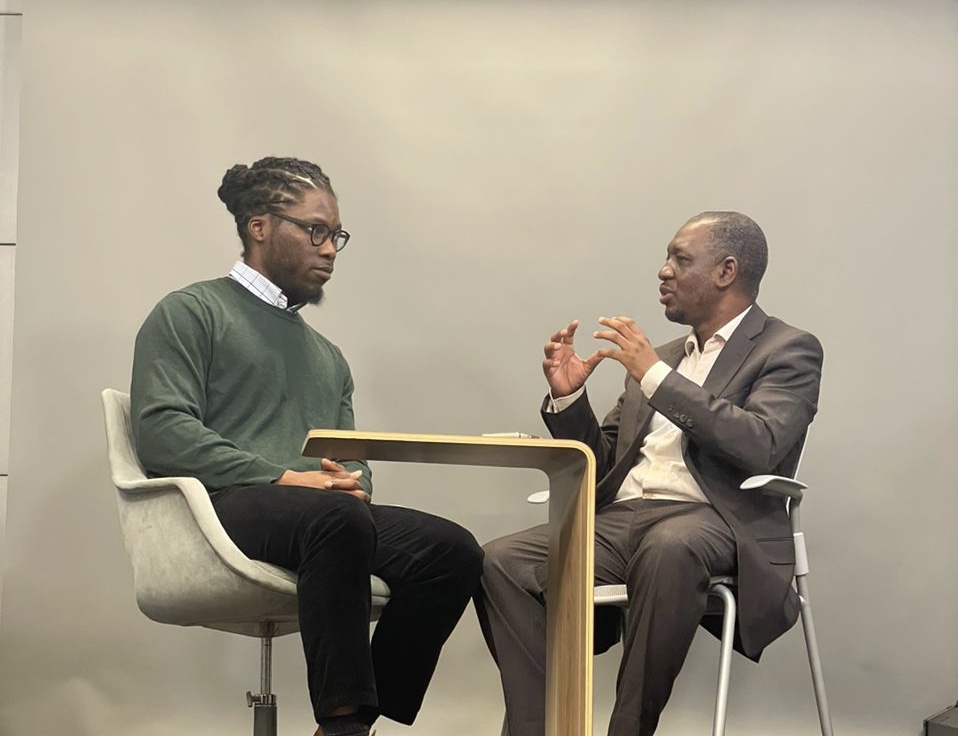
Harvard’s Agbiboa Calls for Prioritization of Citizen Voices in Informal Transport Policy-Making in Africa
04.2.23
Daniel Agbiboa, an assistant professor of African and African American studies at Harvard University, has called on African policymakers to prioritize people’s voices when enacting policies concerning the informal transport sector in Africa. Speaking during an interactive program hosted by Africa Policy Journal, Professor Agbiboa highlighted the importance of considering the views of ordinary citizens […]
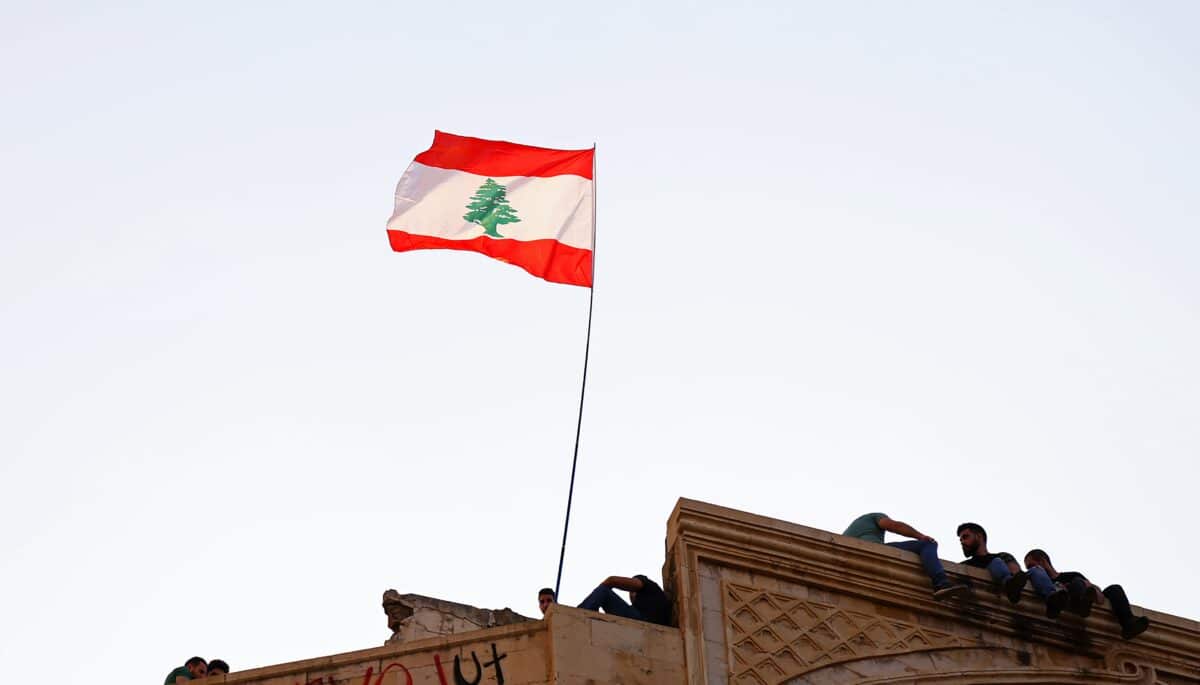
Book Review: Sextarianism: Sovereignty, Secularism, and the State in Lebanon
03.31.23
Zara Lal reviews Rutgers University Professor Maya Mikdashi’s new book: Sextarianism: Sovereignty, Secularism, and the State in Lebanon
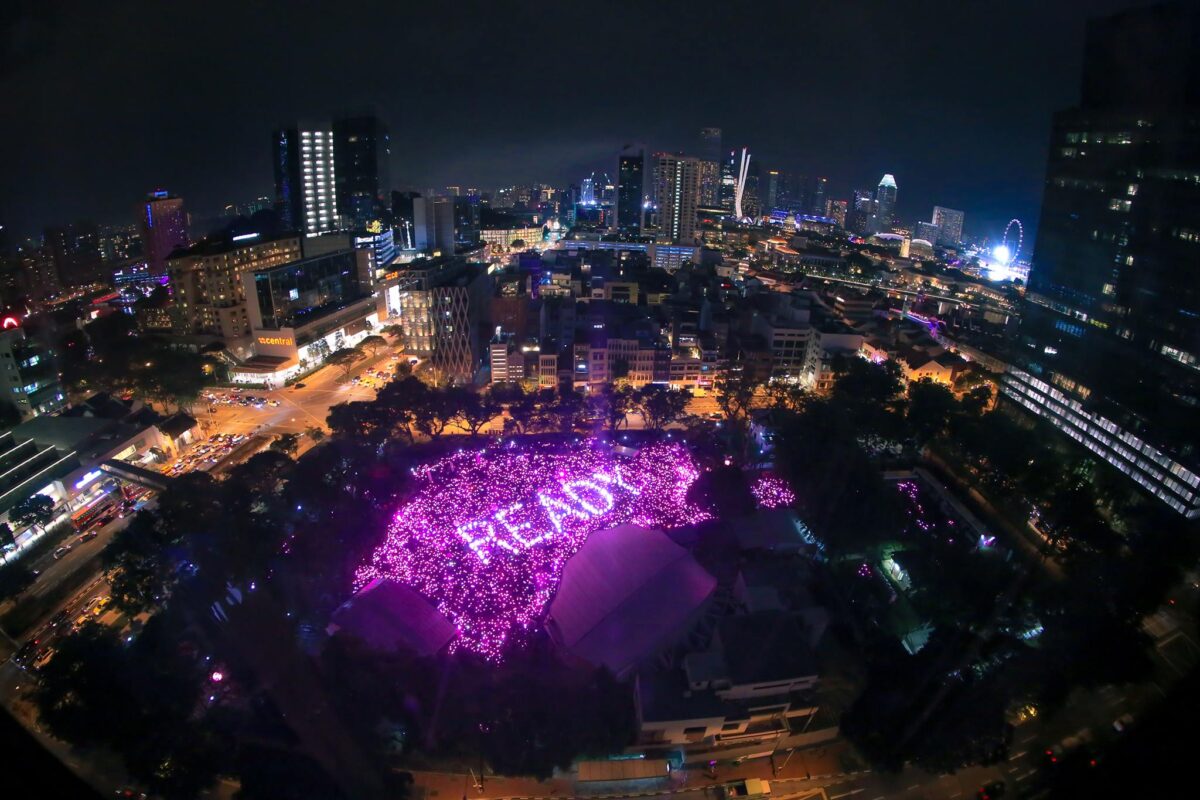
A Cure Against Conversion Therapy in Singapore?
03.27.23
Lawyer and activist Daryl Yang discusses how a consumer protection approach to conversion therapy might offer a balanced alternative to legislative change that permits individual choice whilst protecting against misleading claims.

Interview with Dr. Youssef Chahed
02.28.23
On February 28, 2023, Ryan Zoellner sat down with Dr. Youssef Chahed (Former Prime Minister of Tunisia) to discuss world events and international relations.
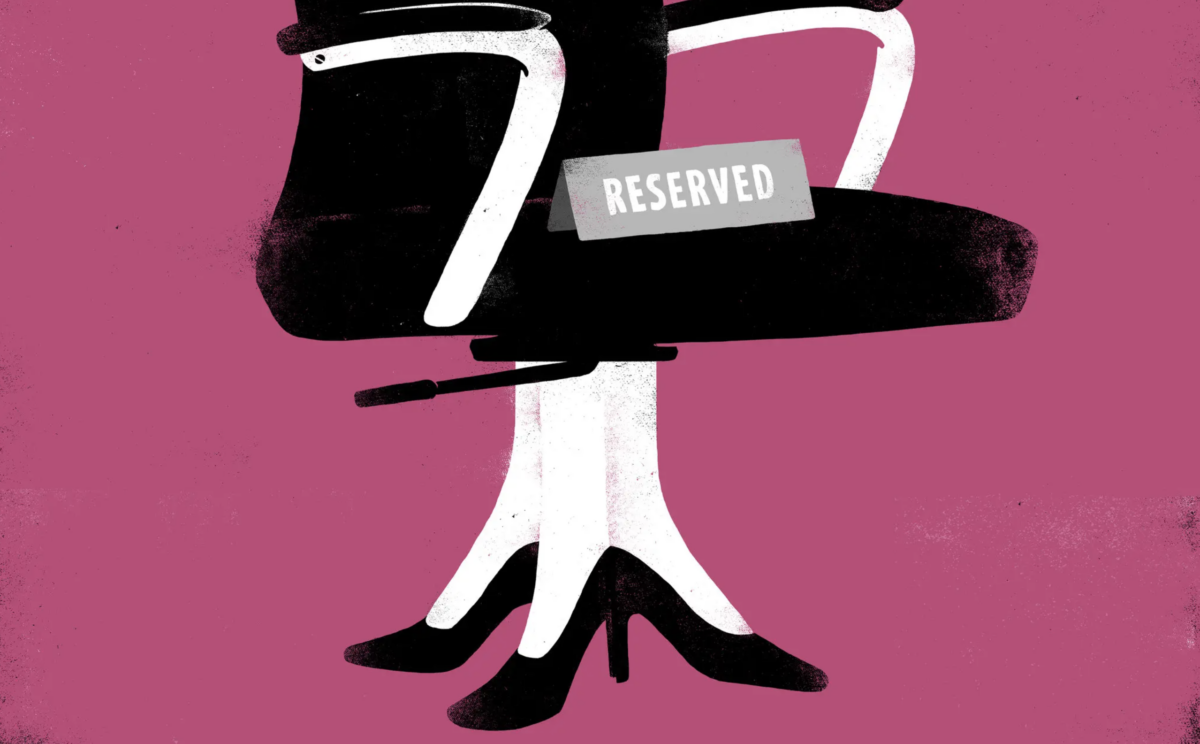
Gender Quotas: For Parliament, From Parliament
02.15.23
Dedicated to honor the memory of our dear friend and co-author, Rodrigo Ventocilla. He will always be remembered for his intellectual motivation, passion for activism, kind friendship and invaluable contributions to the class of 2023. The world has taken great strides toward gender equality in recent years, and this is apparent in many […]

The Saudi Form of Democracy: How Women Got to Drive
02.5.23
Introduction To what extent are state-led social interventions for women authoritarian? Western literature on the Middle East, and in particular on Saudi Arabia, suggests decision-making is centralized and a result of enlightened despots such Mohammed Bin Salman (MBS). But this approach misses upward dialogue initiated by citizenry to communicate desired rights for women to leaderships. […]
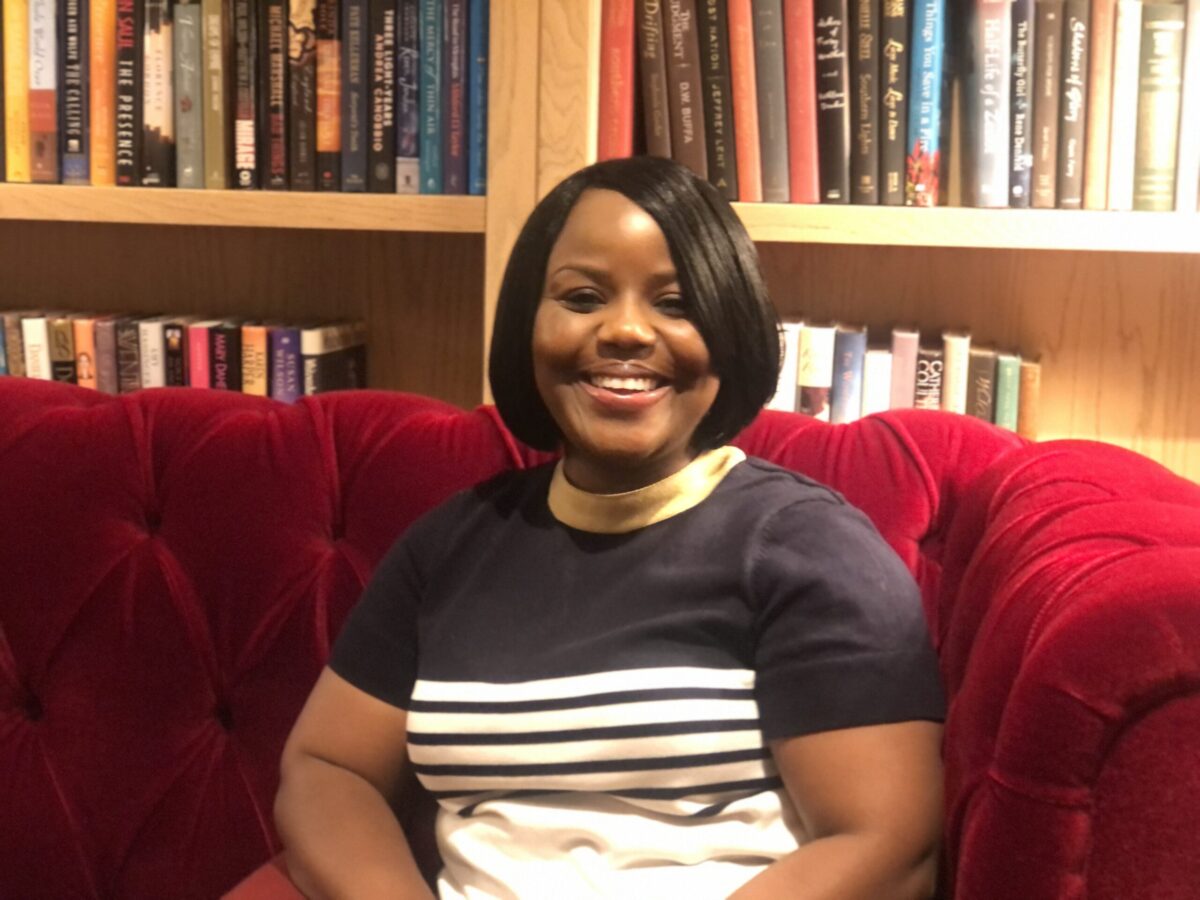
Political power should be transferred to the youth-Zimbabwe’s Fadzayi Mahere
10.10.22
As Zimbabwe heads to the polls in April 2023, spokesperson for the opposition Citizen Coalition for Change, Fadzayi Mahere, has stated that it is time for the youth to take over the mantle of leadership in the country. Mahere was speaking during an interview with Africa Policy Journal in Cambridge, Massachusetts. There are more than […]
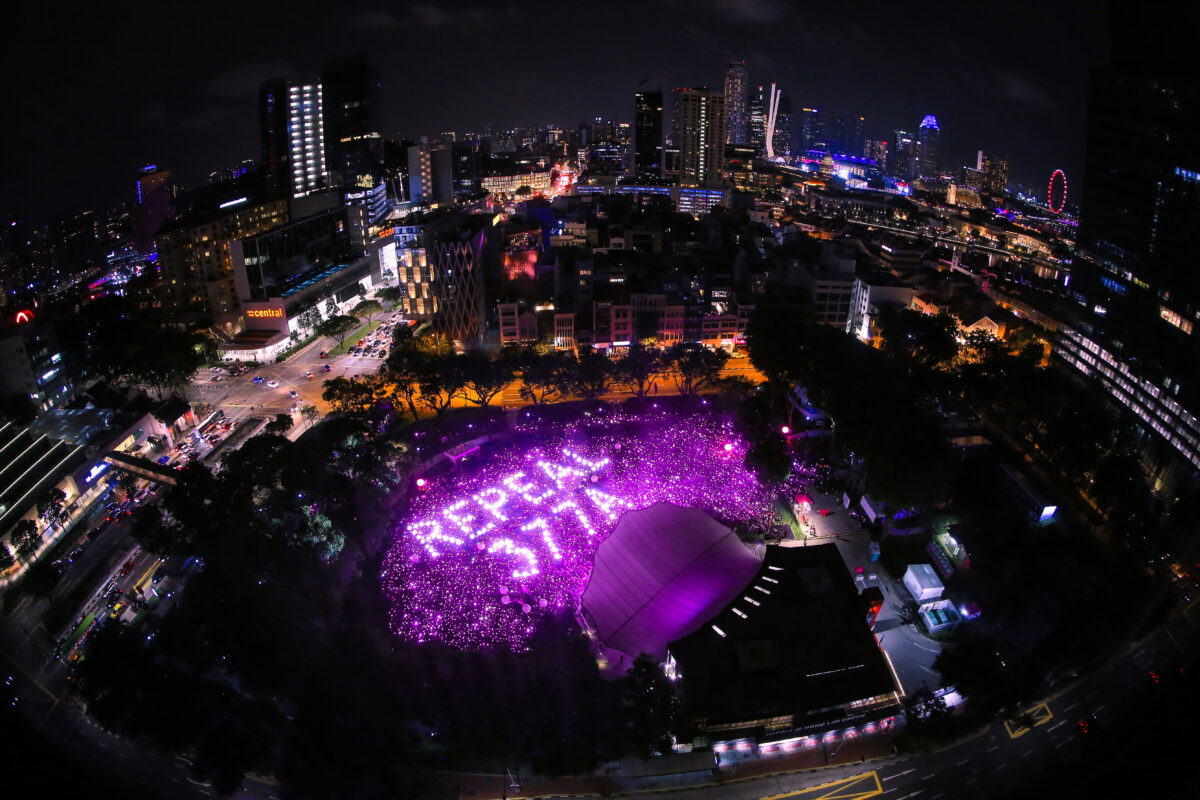
A Primer on Singapore’s Forthcoming Constitutional Amendment to “Protect” Marriage
09.15.22
While the government has announced that it will repeal Section 377A of the Penal Code, it has also sought to protect the definition of marriage from constitutional challenge. Lawyer and activist Daryl Yang explains what the resulting constitutional amendment may look like, as well as what it means to the LGBTQ+ community in Singapore.
